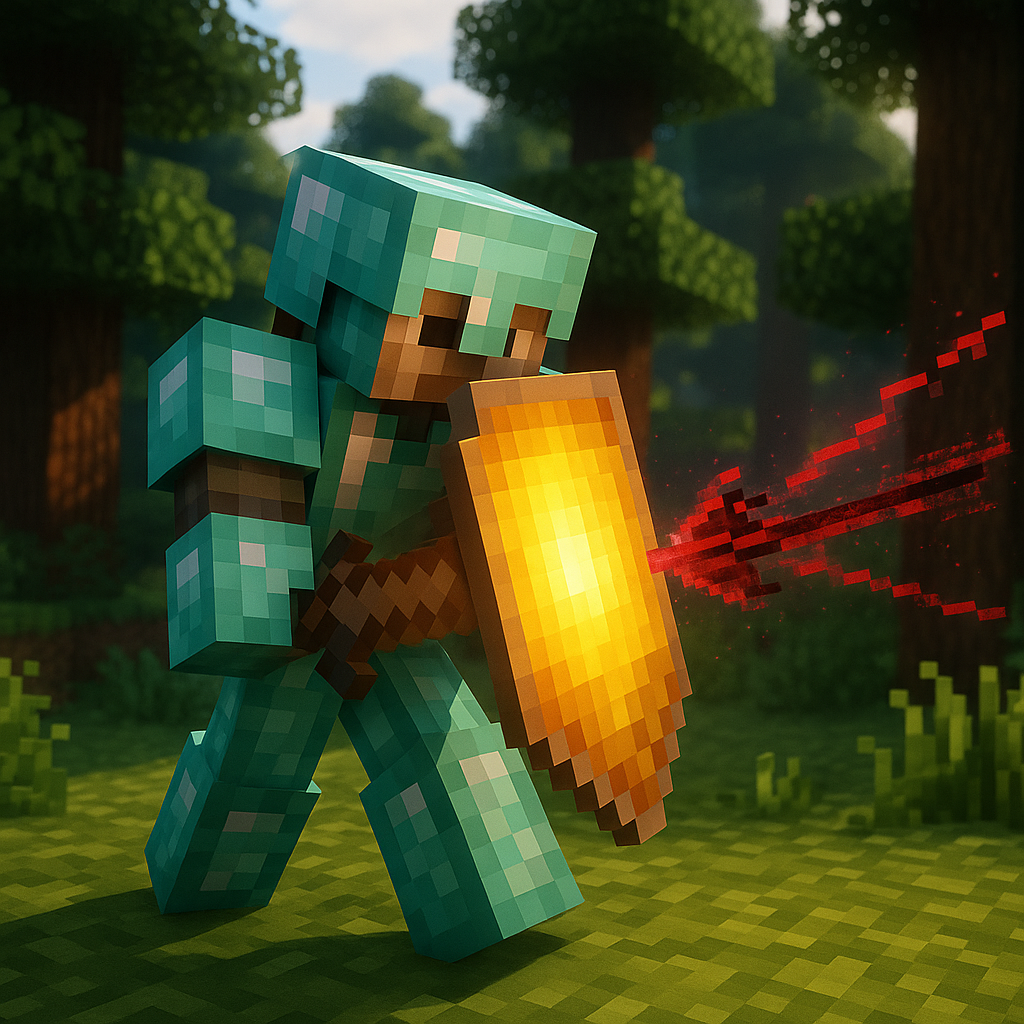Best Minecraft Anti-Cheat Plugins: 2025 Performance Comparison & Guide
Running a Minecraft server means facing a constant challenge: protecting your community from cheaters without accidentally punishing legitimate players. With dozens of plugins designed to stop cheating, picking the right one means you need to understand how well each option spots cheaters, how it affects server performance, and what it needs to run.
This guide compares five of the leading tools for preventing cheating in Minecraft, looking at their technical details, user reviews, and real-world performance. We'll give you a clear framework for weighing your options and picking the best fit for your server's needs and budget.
Free vs. Paid Plugins: The Core Trade-offs
The market for these tools is split into two main categories, each catering to different server priorities and technical needs.
Grim Anticheat is a leader among the free options, featuring a fully asynchronous, multithreaded design that supports Minecraft 1.8 through 1.21. Being open-source allows for community contributions and provides transparency into how it catches cheaters. The GrimAC team is so confident in their algorithms that they claim their solution is "designed to be mathematically impossible to bypass." Its scalable architecture can handle hundreds of players at once without slowing things down.
MineGuard is another free alternative focused on Minecraft 1.17.1–1.21.7, offering a lightweight, modular design. It emphasizes configurability, letting admins fine-tune how sensitively it flags potential cheaters to minimize the impact on normal gameplay.
Paid options like Spartan and Vulcan come with commercial-grade support and more advanced features. Spartan covers versions of Minecraft from 1.7 to 1.20, boasts over 94,000 downloads, and holds a 5-star rating on SpigotMC. As one server admin noted, "Vulcan did for sure come out on top in my experience," especially for catching obvious cheats and providing deep customization.

Specialized Tools: Filling the Gaps
Mainstream cheat prevention tools are great at catching common exploits, but they can miss more sophisticated or niche methods. This has created a market for specialized, secondary plugins.
BetterAnticheat fills this role perfectly. It's a lightweight, platform-independent tool designed to catch cheats that slip past your primary system. Instead of replacing your main cheat prevention, it works alongside it to expand your coverage.
The most effective setup combines a robust primary tool with a secondary plugin like BetterAnticheat. This modular strategy gives you comprehensive protection against both common and obscure cheats while preserving server performance.
Performance and Compatibility Analysis
A look at the technical details reveals significant differences in resource usage and version support among these plugins.
Grim Anticheat's multithreaded architecture offers the best scalability for servers with a lot of players. Its asynchronous design ensures that the process of scanning for cheats doesn't interrupt gameplay, keeping performance smooth even during intensive checks.
MineGuard prioritizes a minimal server impact with its lightweight design, making it a good choice for hosting environments with limited resources. The trade-off is that its support is focused on newer Minecraft releases (1.17.1+), which limits its use on legacy servers.
Spartan and Vulcan offer the widest version compatibility; Spartan, for instance, supports versions all the way back to 1.7. This broad compatibility comes at the cost of a commercial license, but that price includes professional support and regular updates.

How to Choose: Matching a Plugin to Your Server
You should choose your cheat prevention tool based on three main factors: your server's population, your budget, and your server's technical setup.
High-population servers (100+ concurrent players) will benefit from Grim Anticheat's scalable design or a paid option with a proven performance record. The multithreaded architecture prevents bottlenecks from the cheat-checking process that could hurt gameplay quality.
Admins on a budget should look at Grim Anticheat or MineGuard first, since both provide solid protection without a licensing fee. For more complete coverage, consider adding BetterAnticheat as a secondary layer.
Legacy server operators who are running older versions of Minecraft will need a solution with broad compatibility. Spartan's support for versions 1.7–1.20 makes it the most versatile choice for these kinds of environments.
Putting It All Together: Your Strategy
For the best protection, use a modular setup. Start with a primary tool that fits your server's technical needs, then add specialized plugins to handle specific threats or fill in any gaps.
When you first set it up, keep an eye on false positive rates and adjust the sensitivity based on your community's play style. Most plugins offer plenty of configuration options to help you find the right balance between catching cheaters and ensuring a good player experience.
For detailed setup guides, compatibility charts, and a full cost analysis, check out our comprehensive plugin selection guide. It covers how each tool works, performance benchmarks, and budget considerations for every type of server.